20 years of SwissEnergy - Where and how the SFOE programme provided impetus
Contributing to the implementation of Swiss energy policy through voluntary measures: that is the task of SwissEnergy. The federal government's programme succeeded "Energy 2000" 20 years ago. Mobility, the Energy Agency for Industry (EnAW) and Minergie are just three of the many projects that have been supported since then. Energeiaplus looks back on the 20 years with SFOE Deputy Director and Programme Manager Daniel Büchel and Managing Director Patrick Kutschera. And here you can read the report that SwissEnergy has produced on its activities.
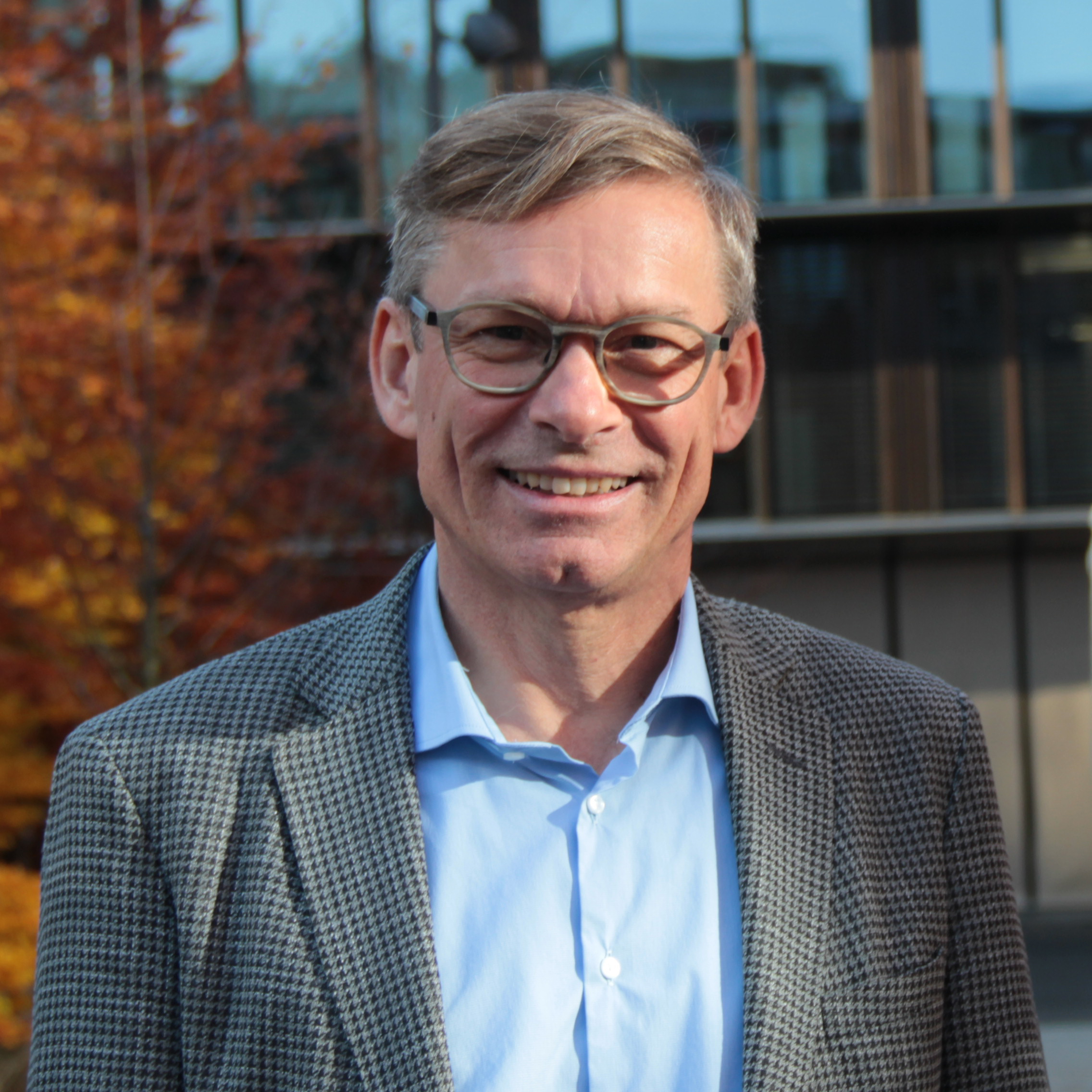
Patrick Kutschera, Managing Director of SwissEnergy.
Energeiaplus: Minergie was one of the first projects that SwissEnergy promoted. Today, Minergie is a success story.
Patrick Kutschera: Yes, Minergie is now the standard for energy-efficient construction, the use of renewable energy, a high level of comfort and value retention. It has also given rise to a number of other labels (Minergie-P, Minergie-A). SwissEnergy also supports the GEAK (Cantonal Energy Performance Certificate for Buildings). The Swiss Sustainable Building Standard (SNBS) was added later.
The example of Minergie shows how something can be developed with the support of SwissEnergy and later continued independently. However, Minergie was not only an important orientation aid for building owners, but also provided impetus for cantonal regulations.
Where else has SwissEnergy provided major impetus over the last 20 years?
Daniel Büchel: There is Mobility, for example, the car sharing service. Energie2000 and SwissEnergy supported the project and its further development with start-up financing. Today, the red Mobility vehicles are an important pillar of networked mobility and it's hard to imagine the roads without them, they're a sure-fire success. And unlike in other countries, where such services are limited to individual cities, Mobility cars can be hired anywhere in Switzerland.
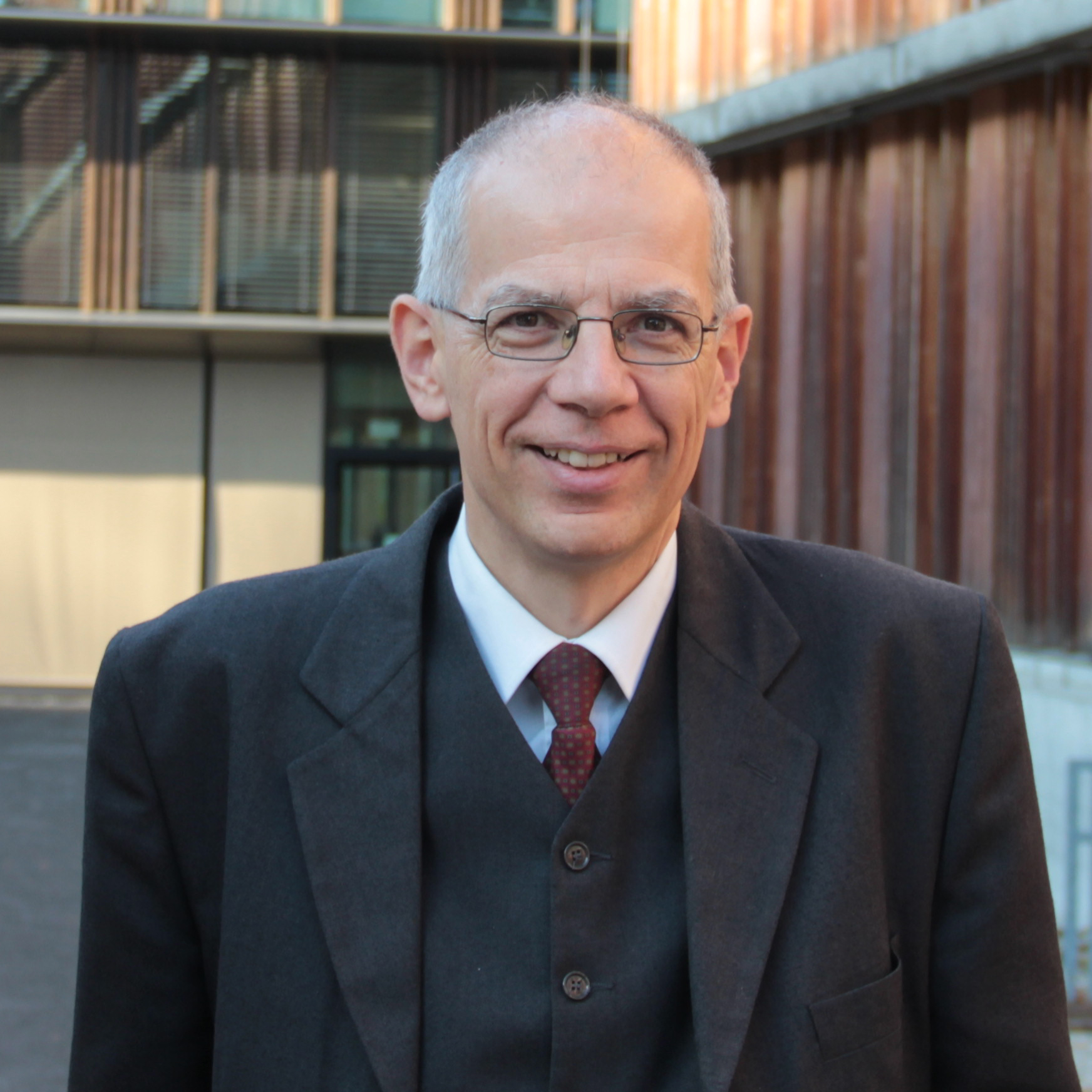
Daniel Büchel, Deputy Director of the Swiss Federal Office of Energy and Head of the EnergieSchweiz programme
Another example: Energiestadt is a programme to promote sustainable energy use and production in municipalities. Today, this programme is independent. Since 2021, SwissEnergy has continued to support municipalities and regions through project funding. The funding goes directly to the municipalities and regions.
Mobility - one of the two examples - is also known to the general public. Is that a criterion for the commitment of SwissEnergy - high-profile projects?
Daniel Büchel: Informing the public is an important task of SwissEnergy, which we fulfil together with our partners. And no, SwissEnergy is also committed to measures with very narrow target groups. For example, for specific sectors such as the catering industry or indoor swimming pools. The important thing is that we don't compete with existing measures, but get involved where no one else has ventured, where support can give the project a boost and anchor it in the market, as in the case of sharing solutions such as Mobility Carsharing, which, incidentally, has long been self-supporting.
Patrick Kutschera: We also supported projects that perhaps not everyone knows about. For example, we supported the enforcement organisations act and the Energy Agency for Industry (EnAW). They act as a link between companies and the federal government and promote voluntary target agreements. In a target agreement, a potential analysis is used to determine which measures a company can take to save how much CO2 and energy. During the term of the target agreement, the implementation of the measures is monitored annually.
This is because target agreements for the reimbursement of the grid surcharge or for exemption from the CO2 tax are of significant importance for the economy and for Switzerland's energy policy goals.
Daniel Büchel: The agreement with the lighting industry should also be mentioned. It wants to reduce energy consumption by half by 2025. This corresponds to around 3.5 TWh/year or the annual production of the Mühleberg nuclear power plant.
We also support the training and further education programmes offered by educational organisations and industry associations, because the implementation of the energy and climate strategy also requires a sufficient number of well-qualified specialists. Without them, the goals of energy policy cannot be achieved despite financial support and regulations.
SwissEnergy provides information on how to save energy, how to produce your own electricity and how to heat your home in a CO2-neutral way. Does this information reach the population, does it reach the target audience?
Daniel Büchel: Of course we are interested in how many people click on our website, for example. But it's much more important to us that the information also triggers something, that people recognize the benefits of the options and change their behavior accordingly. The demand for and use of our information is measured on an ongoing basis and the offering is adjusted accordingly.
Patrick Kutschera: We are also aware that information in the energy sector has a short half-life. Technologies, politics and society develop very quickly. Providing information is an ongoing task.
Energy 2000 becomes SwissEnergy
In 1991, following the adoption of the Energy Article and the Energy Utilisation Decree, the Federal Council launched the Energy 2000 action programme
, which provided the population with advice on saving energy and using renewable energies.
SwissEnergy replaced Energy2000 in 2001. At its launch, SwissEnergy had the same budget as before Energy 2000, despite new tasks in the Energy Act, which came into force on 1 January 1999.
SwissEnergy has its own Internet site. In addition, 1.3 million homeowners regularly receive the magazine "Energiejournal". The information there differs greatly from the appearance of SwissEnergy in the social media, for example on Twitteror Instagram. There are quizzes and competitions on Instagram. What's the point?
Patrick Kutschera: The young population is on these channels, and we also want to address this group in their language and respond to their needs. The information remains the same, but we package it differently. We can also use infotainment to convey our concerns. It is important for us to take the whole of Switzerland with us on the path to net zero and not to create any "energy losers".
43.4 million Swiss francs per year flow into projects (there are currently around 800 projects) that SwissEnergy implements with its partners. That is a lot of money. Can the success of this financial commitment be quantified?
Patrick Kutschera: Measuring impact is very important to us. Unfortunately, we cannot always say directly how many kWh we have reduced, because this depends on many parameters. However, we can say, for example, how many consultations on heating replacement we have carried out or how many specialists have been trained. We also have ourselves regularly evaluated by independent organisations. In addition, very often programmes only develop a relevant part of their effect when SwissEnergy is no longer promoting them (e.g. Mobility, Minergie, etc.).
Critics have also described SwissEnergy as a "propaganda programme" with which the federal government aims to influence public opinion. A few years ago, there were also moves in parliament tocut off the programme's funding. Is there still such criticism today?
Daniel Büchel: Our legal mandate is to provide information about renewable energies and energy conservation. But it is clear that anyone who is fundamentally opposed to wind energy may see it as influencing them when we speak out in favour of wind power. It is also important that our cooperation is not shaped by the political views of the partners, but by the content.
What do you mean by that?
Daniel Büchel: We also support projects by actors who don't like current politics. Or to put it another way. We do not reward or punish the political view of an applicant. For example, we have a very amicable cooperation with the HEV as far as the needs of homeowners are concerned.
Who can apply for support from SwissEnergy?
Daniel Büchel: Everyone. The condition is: the findings must be open to all and relevant and effective for a relatively large group. Under certain circumstances, these may also be commercial ideas that would not be able to establish themselves in the market without our support.
But we do not support research. There are other funding programmes for this, and we regularly coordinate with them. And: the applications must meet the requirements of procurement law.
From today's perspective, where could or should SwissEnergy have become more involved in recent years?
Daniel Büchel: Energy efficiency in the area of mobility has not developed sufficiently in Switzerland; it must become more efficient and sustainable. Perhaps we could have done more in this area earlier - also in view of the fact that CO2 emissions and energy consumption in the transport sector have continued to rise. We are developing a series of new programmes for the new decade, such as the electromobility roadmap and the charging infrastructure programme.
Today, the automotive industry is also focusing on fossil-free vehicles. That is certainly a good development. But we also need solutions that promote more sustainable mobility behaviour and manage the same mobility with less traffic or energy-efficient means of transport, for example with bicycles and public transport, with home offices, with car sharing or car pooling. Two people per car means the same mobility with half as much traffic.
Why is SwissEnergy still needed after 20 years?
Patrick Kutschera: The SwissEnergy programme is perhaps even more important than it was 20 years ago. By 2050, the year in which Switzerland is supposed to be climate-neutral, there are many efforts ahead of us, greater than those we saw 20 years ago.
Daniel Büchel: The energy sector is undergoing major changes. New innovations are coming onto the market. With its voluntary measures, SwissEnergy can also prevent regulation. That is what many people in politics want.
Interview: Brigitte Mader, Communication, Swiss Federal Office of Energy
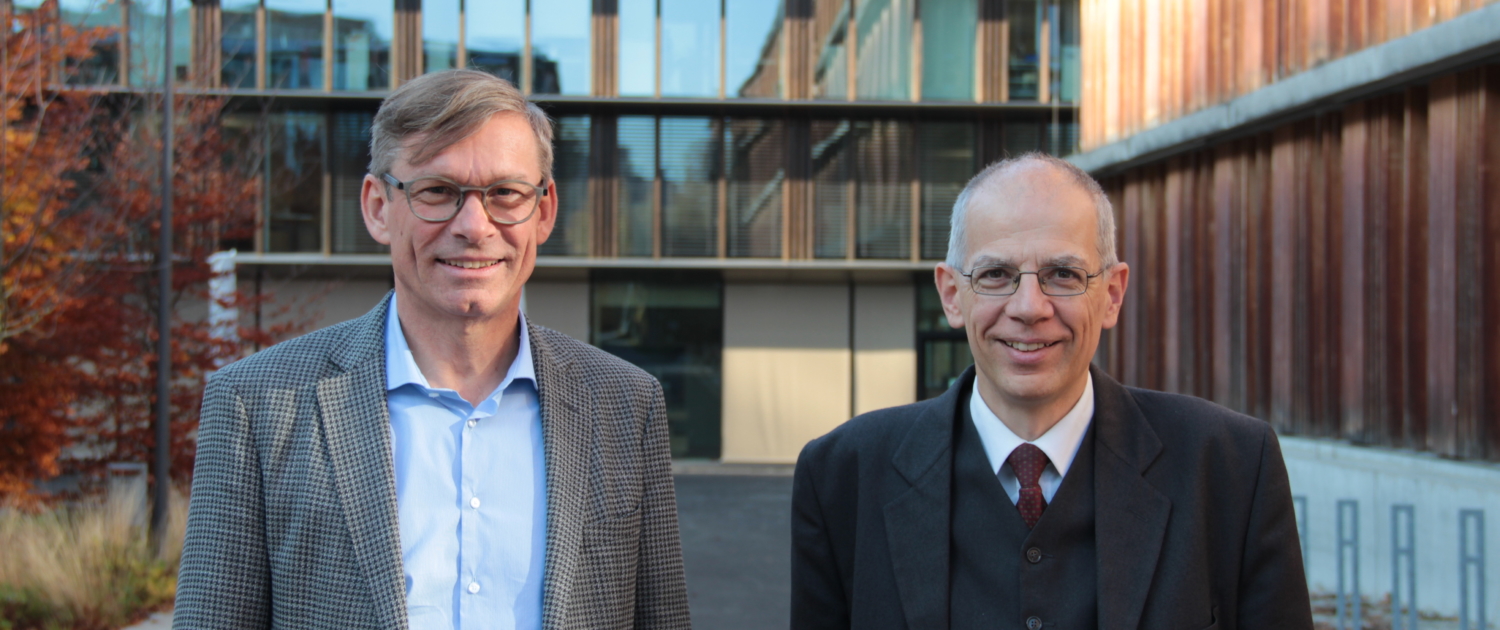 BFE Brigitte Mader
BFE Brigitte Mader
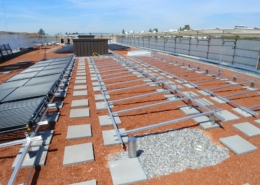 eicher+pauliErneuerbare Wärme für dicht bebaute Quartiere
eicher+pauliErneuerbare Wärme für dicht bebaute Quartiere  A Glimpse into a Greener Future
A Glimpse into a Greener Future 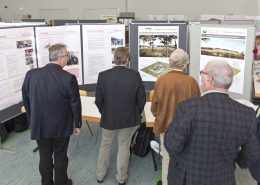 Informationen zu Atommüll? Bitte verzollen!
Informationen zu Atommüll? Bitte verzollen! 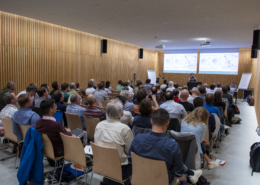 OFENWorkshop sur l’exploration en géothermie
OFENWorkshop sur l’exploration en géothermie 
 Benedikt Vogel
Benedikt Vogel Benedikt Vogel
Benedikt Vogel
Dein Kommentar
An Diskussion beteiligen?Hinterlassen Sie uns Ihren Kommentar!